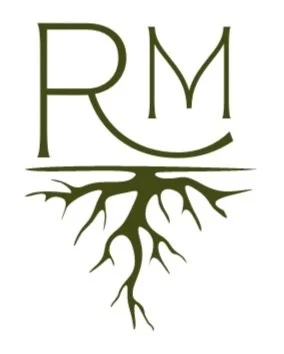Disclaimer:
As with any supplement or natural remedy, postpartum women should consult with their healthcare provider before adding jujube tea to their routine to ensure it's appropriate for their individual health needs. This offering is not medicinal, nor do we claim that its possible benefits are a guarantee. Upon purchase of this product, the individual acknowledges that they are consuming it at their own risk. While jujube tea is generally safe, it's always best to listen to your body and adjust intake accordingly. If any unusual symptoms occur, reduce the amount or frequency and consult with a healthcare provider.

